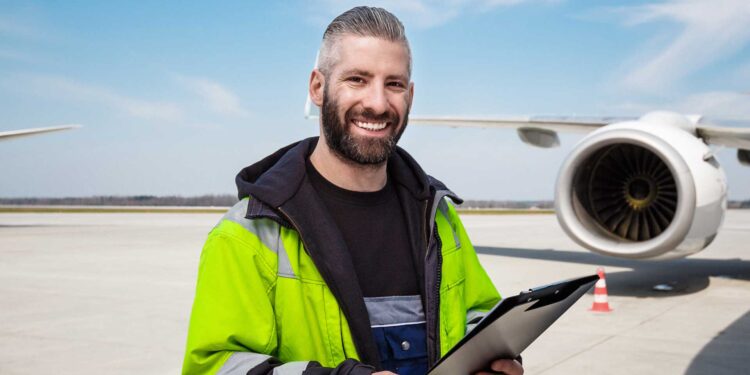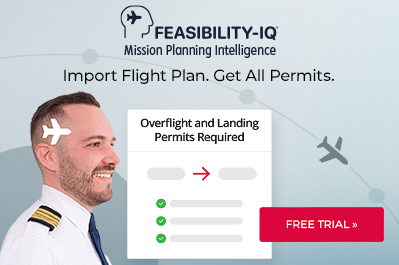When to Hire Your Own Supervisory Agent for Remote Bizav Ops – Part 2

This business aviation blog post continues from our article last week, entitled “When to Hire Your Own Supervisory Agent for Remote Bizav Ops – Part 1.“
Many options are available for business aircraft operators within the realm of supervisory agent services. The agent may fly with you onboard the aircraft or reposition in advance to your arrival airport. Depending on your preferences and needs, there are different costs associated to such arrangements. It’s always important to work closely with your trip support provider and/or trusted ground handler to discuss all available options and to properly vet supervisory agent services.
The following is an overview of what you need to know:
1. Costs of supervisory agent services
Depending on the region and airport you’re traveling to there will be costs associated with the supervisory agent’s time, travel expenses to/from the location, per diems and – in some cases – hotel accommodations. These costs vary depending on how long the aircraft will be on the ground and ease of travel to/from the location. Some ground handlers charge all-inclusive supervisory agent fees where travel expenses are rolled into the supervision fee.
2. Flying the agent in with you
In some cases operators opt to bring a supervisory agent onboard, after first landing at a major airport within the region. For example, this can be advantageous when flying from Buenos Aires to domestic airport locations where air traffic control (ATC) personnel do not speak English. Bringing an agent with you may mean lower overall costs, but this decision depends on capacity of the aircraft, flight department safety protocols and passenger preference. In some cases it’s advantageous to have a supervisory agent positioned at the destination ahead of your arrival, perhaps if the location is your first entry into the country or if specific ground support equipment (GSE) equipment needs to be coordinated and ready for your arrival.
3. Arranging credit
Experienced supervisory agents can always ensure credit arrangements for airport fees and local services, even at the most remote locations. This may involve using established handler credit, wire transfers or physically bringing cash to a location. Occasionally, there are certain fees – such as passenger taxes – that operators or supervisory agents may need to pay directly onsite.
4. Vetting supervisory agents
Supervisory agents are normally provided by ground handlers at major airports within the region. So, it’s usually more important to vet the ground handler than the particular supervisory agent. Be sure to work with a ground handler that’s properly licensed, in compliance with all local regulations and with appropriate training to handle your particular aircraft type. If a local service provider does not have a license to operate as a ground handler at the particular airport, the likelihood of obtaining airside access is almost nil. It’s standard practice for most operators to have their trip support provider vet local ground handlers, and in turn the supervisory agent.
5. Problem potentials
Operators that choose not to have a supervisory agent assist to ensure that all arrangements are made and that regulations are followed may have severe repercussions. For instance, there was a recent case of an operator who decided to arrange their own services at a larger international airport of entry (AOE), without the help of a supervisory agent, and they ended up experiencing long delays. In this case they overlooked local procedures and did not have a copy of the landing permit with the aircraft. The captain ended up being arrested, and the operation was severely delayed. Ultimately, the operator was able to contact a supervisory agent who assisted in clarifying the issue, and the aircraft was eventually permitted to depart.
Conclusion
While there are costs involved in arranging supervisory agent assistance in remote, secondary or challenging locations the advantages – in terms of on-time operations and overall mission success – usually outweigh these costs. Obtaining an estimate of costs for the supervisory agent will eliminate surprises during the invoicing stage. Also, it’s important that you utilize a licensed ground handler who will be able to provide you with a qualified supervisory agent.
Questions?
If you have any questions about this article, contact me at samueldantas@univ-wea.com.




